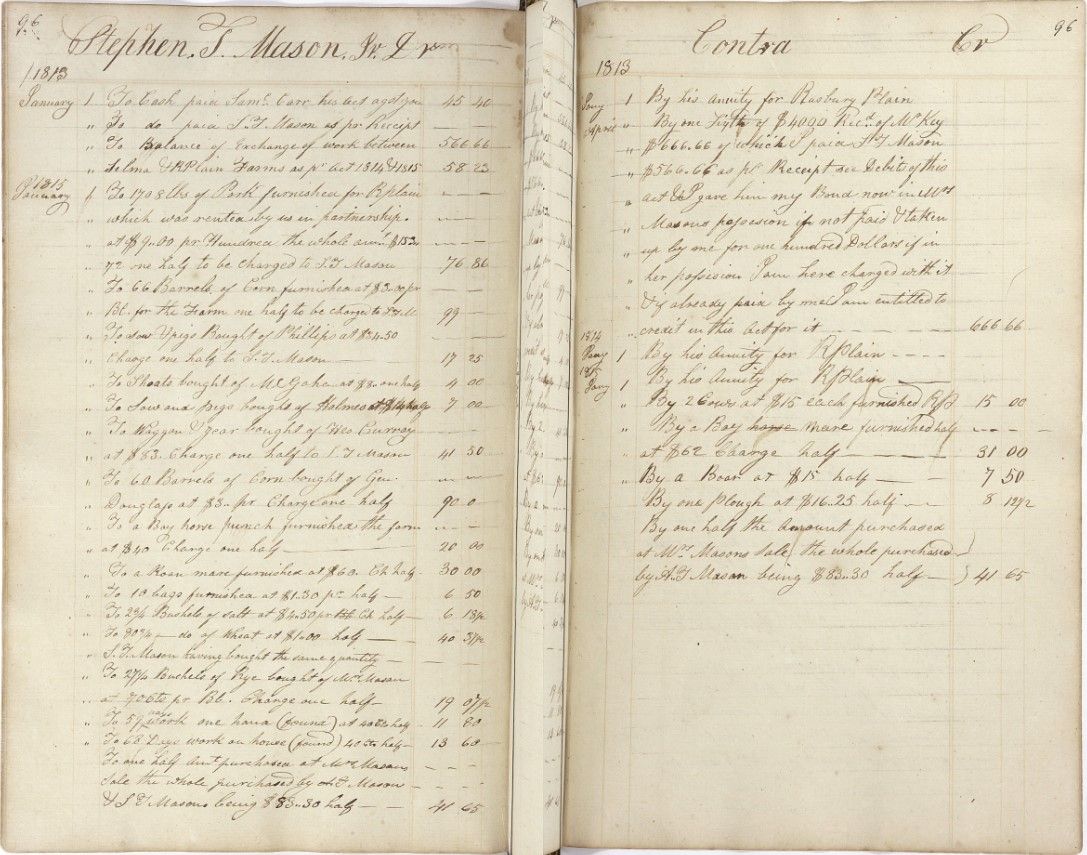Key, Philip
Birth
Death
First Name
Last Name
Person Biography
Philip Key was born in Leonardtown, St. Mary’s County, Maryland, in 1750, the only son of Dr. John Key and Cecelia Brown. Philip’s father died when he was just three years old.
Philip Key studied law in London. At age nineteen, he was presented at the Court of St. James, where he was voted “one of the handsomest young men of the day.” Upon his return to St. Mary’s County, Key farmed and practiced law, also serving in the Maryland colonial assembly in 1773 and then in the state legislature between 1779 and 1790. In 1774, he became a member of his county’s committee of correspondence, helping coordinate local resistance to perceived British tyrannies.
After the adoption of the U.S. Constitution, Key served as a member of the Second Congress of the United States from 4 March 1791 to 3 March 1793, then served as speaker in the Maryland state assembly in 1795 and 1796. He was also postmaster for Chaptico, St. Mary’s County, which was a federal appointment.
In 1802, Key, a Democratic-Republican, took steps to protect his reputation from political opponents who accused him of unfairly seeking office. He wrote to Thomas Jefferson, asking the president for a written certificate stating that Key had never lobbied him for a position of “trust or profitt.” This endorsement was necessary, he wrote, “because an investigation may soon take place that may unfold the infamy—of some men who endeavour to make all around them think that republicanism is nothing more than a wicked & ridiculous clamour.” Jefferson received the letter, but whether he replied is unknown.
Key married twice. His first marriage to Rebecca Jowles Sothoron took place on 4 March 1778. In 1796, the year after Rebecca’s death, he married Sophia Hall of Harford County, Maryland. Key fathered seventeen children, although many of them died young.
One of the wealthiest landowners in St. Mary’s County, Key owned land in Chaptico, Upper Resurrection, Upper Clements, and St. Michael’s, valued collectively at $11,539.30. He also owned a mansion and rented out five dwellings and a tavern to tenants. Additionally, Key owned twenty-three enslaved individuals. In 1813, Key purchased land in Leonard Town, Maryland, from Stevens Thomson Mason Jr. In 1817 he purchased another large home, later to be named Tudor Hall (currently the home of the St. Mary’s County Historical Society), from John Thomson Mason Jr.
Philip Key died on 29 February 1820 at his home, Gravelly Hills, in Chaptico, Maryland. He was seventy years old. He is buried in the Key family vault at Christ Church, Chaptico.
By Kate Shuster

